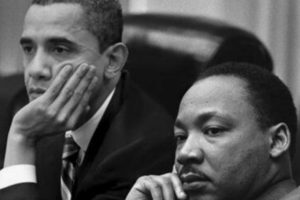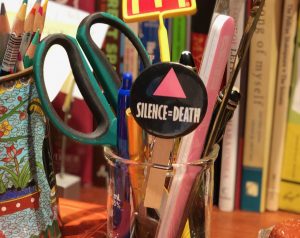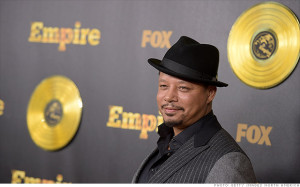
While the context was specific to achieving racial equality and not pandemic preparation, another high-profile individual left a detailed document on how to respond to a crisis.
The individual was the Reverend Dr. Martin Luther King, Jr. and the document is a book published in 1967, called “Where Do We Go From Here: Chaos or Community.”
Fifty plus years later, “Where Do We Go From Here: Chaos or Community,” presents some hard truths and stark realities that remain relevant and demand our collective attention, perhaps even more so today. Its resonance, while centered on race relations and equality, has justice at its core.
As those of us in the fields of health sciences and healthcare seek to improve health equality and inclusivity, we only need look to Dr. King’s wisdom for insight and direction.
Instead of trying to reinvent the wheel, the answers exist in what Dr. Leon McDougle, (National Medical Association (NMA) President and Associate Dean for Diversity and Inclusion and the Chief Diversity Officer at The Ohio State University Wexner Medical Center), refers to as the “already structured forces in the (Black) community that can serve as the basis for building a powerful united front.” Specifically, Dr. McDougle was referencing: The (Black) church, The (Black) media, The (Black) Fraternities & Sororities and (Black) Professional Organizations.
Dr. King’s message is particularly instructive:
“We need organizations that are permeated with mutual trust, incorruptibility and militancy. Without this spirit we may have numbers but they will add up to zero. We need organizations that are responsible, efficient and alert. We lack experience because ours is a history of disorganization. But we will prevail because our need for progress is stronger than the ignorance forced upon us. If we realize how indispensable is responsible militant organizations to our struggle, we will create it as we managed to create underground railroads, protest groups, self-help societies and the churches that have always been our refuge, our source of hope and our source of action.” – (King, Where Do We Go From Here: Chaos or Community, pp 169 – 170)
The “source of hope and our source of action” that Dr. King referenced is precisely my guiding north star. We must build and foster relationships with organizations, institutions and individuals who are prominent and trusted in the community.
The objective is simple – to illustrate and demonstrate how science can save lives…specifically Black and Brown lives. In order to accomplish this, we must be active and visible participants in remedies and clinical trials that will produce cures and solutions. We are resilient and strong and realize that, while it is a part of the solution, science alone will not save us. It is important that we rely on ourselves.
Research has proven that people who are able to exert some control over their lives fare better and experience a better quality of life. The challenge is to strengthen our self-reliance and channel it in ways that help us better cope and survive.
COVID-19 is the latest and most prominent disease disproportionately devastating people of color and under-served communities; but that is only one disease in a longer list including HIV, Heart Disease, Diabetes and a host of other maladies.
So, when your pastor, sorority sister, fraternity brother or that individual you respect talks to you about science, clinical trials and how we have to organize the power in our community to save lives, Listen. Ask questions. Become engaged. Get informed. Most importantly, do not ignore Dr. King’s playbook. Our lives depend upon it.
 We tend to become emotionally involved when something is personal. The loss of friends and loved ones to HIV/AIDS over the course of thirty years produced a perpetual cycle of loss, pain and goodbyes. It was the start of my emotional involvement and decision to speak up and do something.
We tend to become emotionally involved when something is personal. The loss of friends and loved ones to HIV/AIDS over the course of thirty years produced a perpetual cycle of loss, pain and goodbyes. It was the start of my emotional involvement and decision to speak up and do something.


